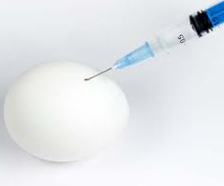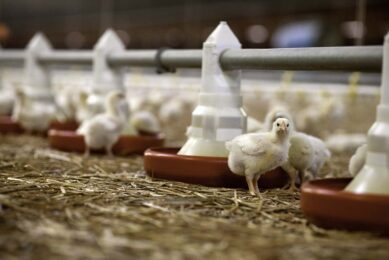White Paper addresses use of antibiotics in food animals

Antibiotic use in food-animal production is the focus of a White Paper recently released by the National Institute for Animal Agriculture (NIAA).
The White Paper is a summary of science-based information delivered by the 13 human health and animal health speakers and symposium participants at the “Antibiotic Use in Food Animals: A Dialogue for Common Purpose” symposium in Chicago, Oct. 26-27.
“Critics and proponents of the use of antibiotics in livestock have conflicting views on the correct interpretation of the body of evidence related to agricultural use of antibiotics and the development of resistant organisms,” states Dr. Len Bull, chairman of the symposium. “This White Paper, written in laymen terms, will help individuals understand what the science shows to date and why each of us have a responsibility toward achieving the unified goal of ‘One Health: Healthy People, Healthy Animals, Healthy Food’.”
The White Paper provides science-based information regarding the use of antibiotics in food-animal production, human health implications relative to antibiotic use and methicillin-resistant Staphylococcus aureus (MRSA) in livestock. A significant portion of the White Paper addresses the controversial topic of antimicrobial resistance. Citing that antimicrobial resistance is not a black-and-white issue, the White Paper notes that “the ultimate priority about antibiotic use going forward is the development of well-established, science-based criterion in the regulatory decision-making process.”
The message to the livestock and poultry industries is plain and simple: Remain focused on disease prevention and continual improvement of good animal husbandry practices. Individuals can access the White Paper, as well as the symposium speakers’ PowerPoint presentations with synchronized audio, online at the NIAA website.













